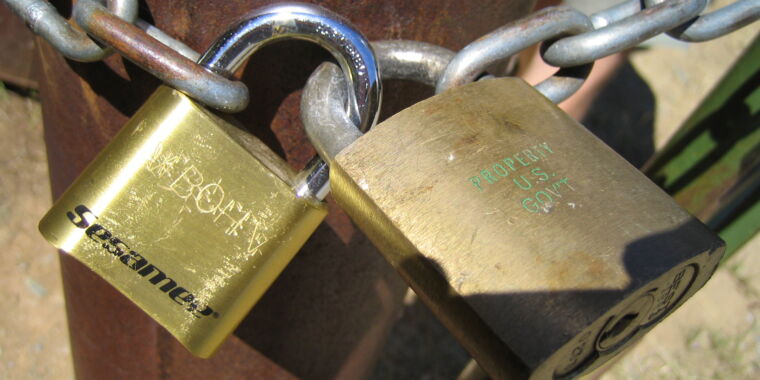Hi,
I got two spare Intel S3700 200GB SSDs and added them to my main TrueNAS server running two pool (3x S3710 400GB raidz1; 4x 8TB WD white raidz1). These pools were created with FreeNAS so they are still using the legacy encryption. I updated to pools so they should be usable as fusion pool.
My idea was now to add both 200GB SSDs to the HDD pool as a mirrored special devices to offload only the metadata. If I calculated right the 200GB should be enough for metadata, even if I might upgrade later and add another 4x 8TB HDDs (64TB raw capacity * 0.3% metadata = 192GB). And if I understand it right it wouldn't be a problem if the SSDs are running out of storage because in that case the additional metadata would be stored on the HDDs again.
What I wasn'T able to find out are two things...
1.) Can someone confirm that it is possible to extend the special devices later? I maybe want to add a third SSD later to make the special device SSDs a threeway mirror.
2.) Will the special devices be encrypted too if I add them to my legacy encrypted pool?
I know that I can't remove them once added, so I want to make sure that everthing will work.
I got two spare Intel S3700 200GB SSDs and added them to my main TrueNAS server running two pool (3x S3710 400GB raidz1; 4x 8TB WD white raidz1). These pools were created with FreeNAS so they are still using the legacy encryption. I updated to pools so they should be usable as fusion pool.
My idea was now to add both 200GB SSDs to the HDD pool as a mirrored special devices to offload only the metadata. If I calculated right the 200GB should be enough for metadata, even if I might upgrade later and add another 4x 8TB HDDs (64TB raw capacity * 0.3% metadata = 192GB). And if I understand it right it wouldn't be a problem if the SSDs are running out of storage because in that case the additional metadata would be stored on the HDDs again.
What I wasn'T able to find out are two things...
1.) Can someone confirm that it is possible to extend the special devices later? I maybe want to add a third SSD later to make the special device SSDs a threeway mirror.
2.) Will the special devices be encrypted too if I add them to my legacy encrypted pool?
I know that I can't remove them once added, so I want to make sure that everthing will work.

